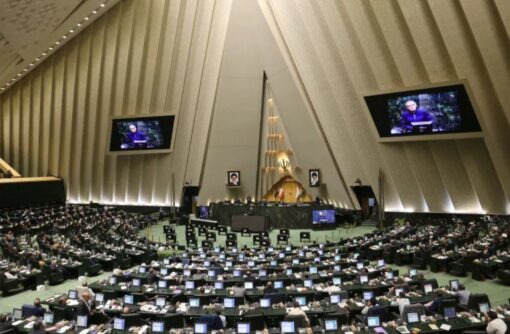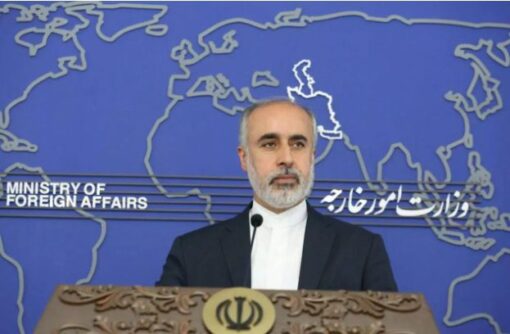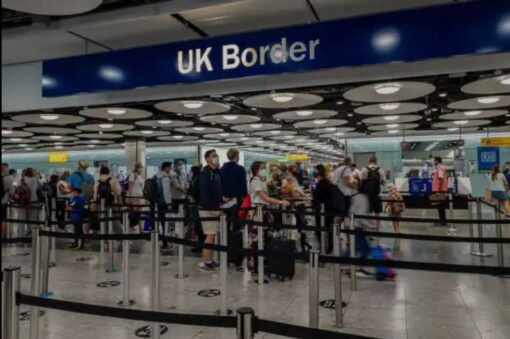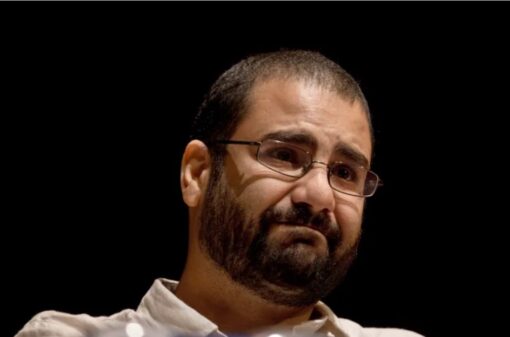Hardline Iranian lawmakers have escalated tensions in Tehran by openly demanding that the Islamic Republic build a nuclear bomb as the country braces for the return of sweeping United Nations snap-back sanctions.
The call, which directly challenges Iran’s long-standing official position that it does not seek nuclear weapons, has already sent shockwaves across the Middle East and raised fresh alarms among Western powers and regional neighbors.
Key phrases such as “Iran demands nuclear weapon” and “UN snap-back sanctions” have quickly become part of the wider debate as the crisis intensifies.
The unprecedented move came from several members of the Iranian parliament who argued that Western hostility and Israeli actions have left the nation with no choice but to reconsider its nuclear doctrine.
One senior MP insisted that “Iran cannot remain passive when Israel has reached the brink of madness and continues to attack without respecting any international obligations.”
The quote, which was broadcast widely on Iranian state television, is being interpreted as a sign of a broader political shift among Tehran’s hardline factions, who appear ready to abandon past commitments in favor of nuclear escalation.

For decades, Iran’s leaders have pointed to a religious decree, or fatwa, issued by Supreme Leader Ayatollah Ali Khamenei, forbidding the production of nuclear weapons.
That stance has been central to Iran’s efforts to portray its nuclear program as peaceful and dedicated to civilian purposes such as energy production and medical research.
But as the deadline for the reimposition of UN sanctions approaches, more lawmakers are challenging the fatwa openly, claiming that circumstances have changed.
“The fatwa served its purpose, but our enemies are using it against us,” one conservative MP said, calling for a full review of Iran’s defense doctrine. “If Israel can attack us at will, why should we tie our own hands?”
The debate in Iran comes at a time when the United States and its European allies are pressing for the automatic reimposition of sanctions that were lifted under the 2015 nuclear deal, formally known as the Joint Comprehensive Plan of Action.
Washington has argued that Tehran’s failure to comply with the agreement’s restrictions, including enrichment limits, justifies a return of sanctions.
Iran, however, insists that it was the United States that broke the deal in 2018 under then-President Donald Trump, when Washington unilaterally withdrew and reimposed its own sanctions.
“The Americans left the deal, not us,” Foreign Ministry spokesman Nasser Kanaani reminded reporters, warning that any snap-back mechanism would be “illegal and illegitimate.”
Despite these objections, the mood within Iran’s parliament reflects a growing impatience with the diplomatic process. Hardliners argue that sanctions relief is no longer realistic and that the country should instead focus on deterrence.
Calls for “Iran’s nuclear escalation warning” are gaining traction in local media, and even some moderate politicians admit that the debate has shifted sharply in favor of the hawks.
Analysts in Tehran note that the younger generation of MPs is particularly outspoken in demanding that Iran acquire a nuclear deterrent, framing it as a matter of national survival rather than ideology.
International reaction has been swift. Israeli officials accused Iran of “nuclear blackmail” and vowed that their military would not allow Tehran to obtain a bomb.
A senior Israeli security official told local press that “if Iran moves closer to a weapon, Israel will move closer to decisive action.” European diplomats expressed alarm at the rhetoric, with one EU official warning that “Iran’s change in nuclear doctrine would be catastrophic not only for the Middle East but for global security.”
In Washington, State Department spokesperson Matthew Miller called the Iranian statements “reckless and dangerous,” while emphasizing that the United States “remains committed to preventing Iran from developing a nuclear weapon.”
Iran’s military leaders, however, appeared to lend tacit support to the parliamentary voices, hinting that the country’s defense strategy may need to evolve in response to changing threats.
General Hossein Salami of the Islamic Revolutionary Guard Corps declared that “Iran will decide its defense requirements without permission from the West,” a remark widely interpreted as a veiled endorsement of the hardline position.
State media outlets have also amplified messaging that portrays the country as a victim of Western aggression and Israeli provocations.
The pressure from UN sanctions only compounds the sense of crisis. If reinstated, the measures would target Iran’s oil exports, banking system, and access to international markets.
Officials warn that the economic fallout would be severe, possibly worse than during previous sanctions rounds. “Our people are already suffering, and yet the West wants to increase the pain,” one MP said. “The only answer is strength, and strength today means nuclear capability.”
The phrase “Iran threatens response over sanctions” has been repeated across Iranian news outlets, reinforcing the narrative that the nation has little to lose by breaking with past commitments.
Experts say the renewed push for a nuclear bomb reveals the fragility of Iran’s internal consensus on the issue. While the fatwa against nuclear weapons has long been accepted, political expediency is beginning to outweigh religious restraint for some factions.
Dr. Ali Vaez, a senior analyst on Iran, noted in a recent interview that “what we are seeing is the politicization of the nuclear doctrine. If hardliners continue to gain ground, the fatwa could become irrelevant, opening the door to a new and dangerous chapter.”

Western analysts also fear that even if Iran does not actually build a bomb, the rhetoric itself may heighten regional tensions, provoke Israeli pre-emptive action, or trigger an arms race among Arab states.
Inside Iran, reactions from ordinary citizens are mixed. Some express support for the idea of nuclear deterrence, citing constant Israeli airstrikes on Iranian targets in Syria and what they view as unfair sanctions.
Others worry that pursuing a bomb will only isolate Iran further and bring even harsher economic consequences. “I don’t want my children to grow up under war threats,” said a Tehran shopkeeper interviewed by a Persian-language news site. “But I also don’t want them to starve because of sanctions.”
As the UN Security Council prepares to debate the snap-back sanctions, the stakes could not be higher. Diplomats warn that if Tehran officially changes its nuclear doctrine, prospects for reviving any version of the nuclear deal will vanish.
Moreover, the potential for military escalation would grow dramatically, with Israel and possibly even the United States considering direct strikes on Iranian facilities.
Iranian officials remain defiant, with one parliamentarian concluding a fiery speech by saying: “The era of patience is over. If the West chooses confrontation, Iran will choose strength. And strength means a nuclear deterrent.”
These words echo the broader shift in Tehran, where the balance between restraint and escalation seems to be tipping toward confrontation.
Whether this is a negotiating tactic or a genuine change in policy remains uncertain, but the consequences of such rhetoric are already being felt across the region.
For now, Iran faces a pivotal moment. With UN sanctions looming, Israel warning of decisive action, and domestic hardliners calling for nuclear arms, the nation stands at a crossroads.
The global community is left to wonder whether Tehran is bluffing, bargaining, or truly preparing to abandon decades of policy in favor of open pursuit of a nuclear bomb.
What is certain is that the combination of sanctions pressure, regional rivalry, and political ambition is pushing Iran into uncharted territory, raising the specter of a nuclear standoff that could destabilize not only the Middle East but the wider world.


